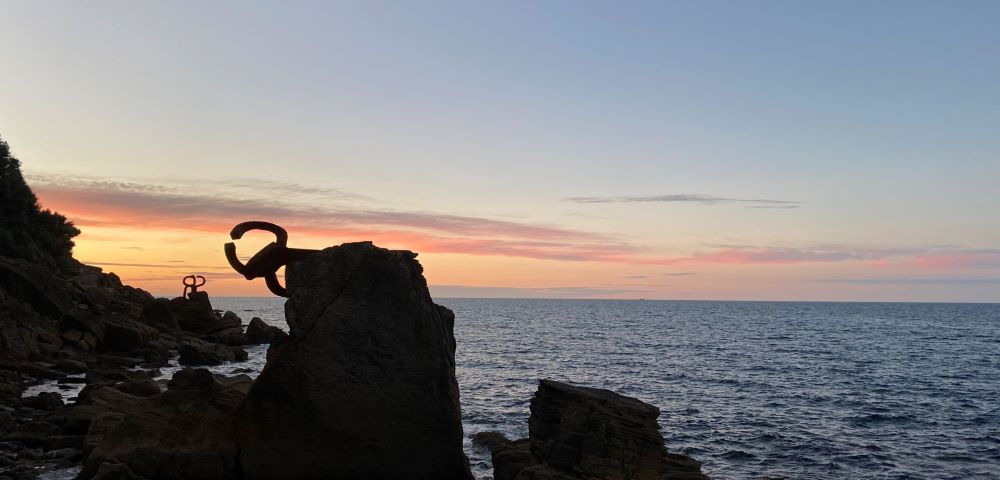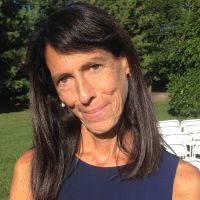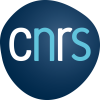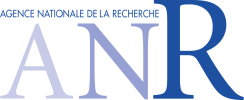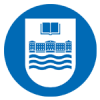About
We are excited to announce the interdisciplinary workshop Understanding Sound Change that will be part of the Old World Conference on Phonology (OCP2022).
This workshop aims to bring together researchers from different linguistic subdisciplines and theoretical perspectives with an interest in an interdisciplinary approach to the study of sound change, following recent trends that have proven fruitful in the study of the historical phonologies of many linguistic families.
We invite proposals for 20-minute talks that explore specific topics in the study of sound change from any or multiple of the following (or related) subfields of linguistics: Historical linguistics; phonology; philology; phonetics; typology; sociolinguistics; corpus linguistics, etc.
Although submissions dealing with sound changes of any language will be welcomed, abstracts presenting data or dealing with case studies of lesser studied languages and language varieties are especially encouraged. Such languages and varieties from geographic locations close to the conference include Galician, Mirandese, Leonese, Asturian, Cantabrian, Aragonese, Basque, Gascon, Breton, Languedocien, etc.
What will the workshop include?
The workshop will feature selected short talks as well as two keynote speakers - morning and afternoon. Selected posters will be included in the main poster session. We are planning for a hybrid conference: presentations are planned to be in person - but we will be streaming all lectures live and collecting questions in real time.
Call for papers
The study of sound change has long been at the center of historical phonology and historical linguistics more generally, with regular sound correspondences due to regular sound change serving as the basis of lexical reconstruction of proto-languages spoken thousands of years ago. During the last 40 years, a nuanced theory of sound change, based on articulatory, aerodynamic, and acoustic properties of speech, has evolved from a great deal of interdisciplinary research, inspired by the research agenda of Ohala (see, for example, Ohala 2003), and has played a central role in the explanation of synchronic sound patterns as well (Blevins 2004, 2015). This workshop aims to bring together researchers from different linguistic subdisciplines and theoretical perspectives with an interest in interdisciplinary approaches to the study of sound change, including studies of phonetic, phonological and other internal structural factors playing a role in sound change, and external approaches such as computational modeling of change, probabilistic evaluation of change, theories of language contact and the role of sociolinguistic variables in determining the course of sound change.
The possibility of applying recent analyses of linguistic change to problems in which the classical approach yielded limited results is one of the reasons behind this resurgence (Honeybone & Salmons 2015). These new interdisciplinary approaches include phonetic analyses of spoken data and laboratory experimentation (Yu 2015; Harrington et al. 2019 and references therein), the study of the influence of language contact and social and population factors in its geographic spread (Labov 1994; Trudgill 2011), as well as continued typological comparison between similar sound patterns found in unrelated languages (Kümmel 2015). Innovations in these interdisciplinary approaches have illuminated multiple aspects of sound change, including:
- The inception of sound change
- Bias factors that condition sound change
- Accommodation and imitation
- Trading relationships between phonetic cues
- The production-perception feedback loop (e.g. compensation for coarticulation)
- The medium-term dynamics of sound change (and sound change in isolation)
- The longitudinal study of variation and change across the lifespan
- The implementation of the apparent time construct
- Sound change typology (sound change and phonological inventories, segment patterning)
- Rare or previously unattested sound changes and sound patterns
- The influence of linguistic contact in sound change
- Replication of reconstructed sound changes under laboratory conditions
- Exemplar-based approaches to phonology and sound change
- The development of new methods to simulate change (e.g. agent-based modelling)
In this context, we invite one-page abstracts (with an optional 2nd page for figures, examples and references) to be presented as 20-minute talks or posters that explore topics in the study of sound change from one or more subfields of linguistics, or related disciplines. Although submissions dealing with sound changes in any language are welcome, abstracts presenting data or dealing with case studies of lesser studied languages and language varieties are especially encouraged.
Submission guidelines
We welcome submissions on any topic in phonology from any theoretical perspective and methodology. We invite abstracts for talks (20 minutes, followed by 10 minutes of discussion) or posters.
Each individual may submit a maximum of one abstract as first author (or sole author), and a maximum of two abstracts in total. Abstracts will be blindly peer-reviewed by an international panel of reviewers.
Abstract guidelines
- English
- Maximum 2 pages of A4 paper, including references, examples, tables, and figures
- 12 pt Times New Roman font
- 2.54 cm (one inch) margins on all sides
- Anonymous
- PDF format
Abstracts not following these guidelines will not be reviewed.
Abstract submission, reviewing, and notification of acceptance will be handled using Easy Chair. Please upload your abstract following this link.
Important Dates
- Abstract Submission Deadline: October 15 2021
- Extended Abstract Submission Deadline: November 1 2021
- Notification of acceptance: November 2021
- Registration Opens: November 2021
- Workshop: January 27 2022
Plenary Speakers
We are happy to announce our plenary speakers Prof. Juliette Blevins (CUNY-GC) and Dr. Stefano Coretta (UoE).
Convenor
Organizing Committee
Iñigo Urrestarazu (CNRS-IKER & UPV/EHU)
Contact
Twitter: @OCP19plus
Email: ander.egurtzegi [at] iker.cnrs.fr
